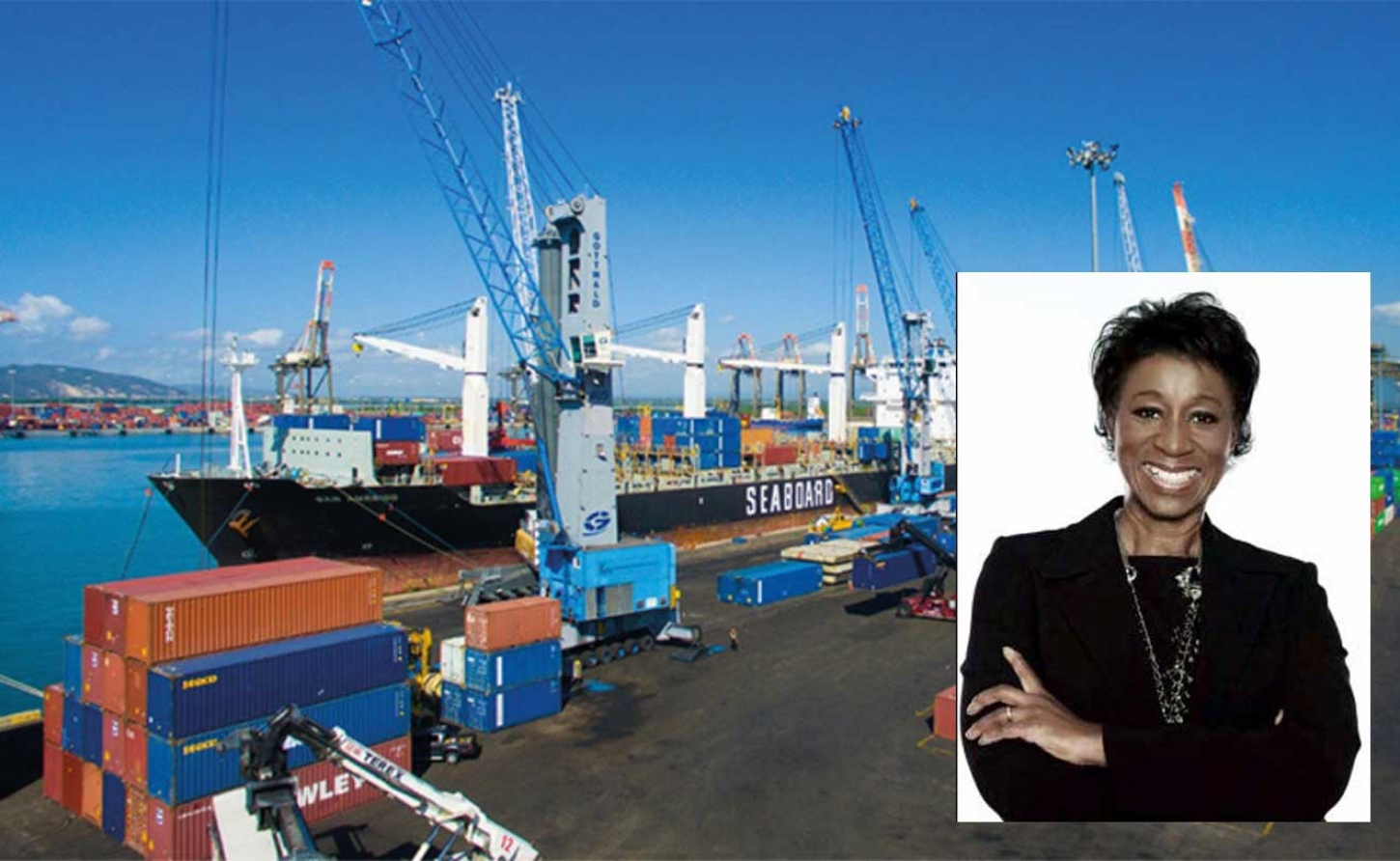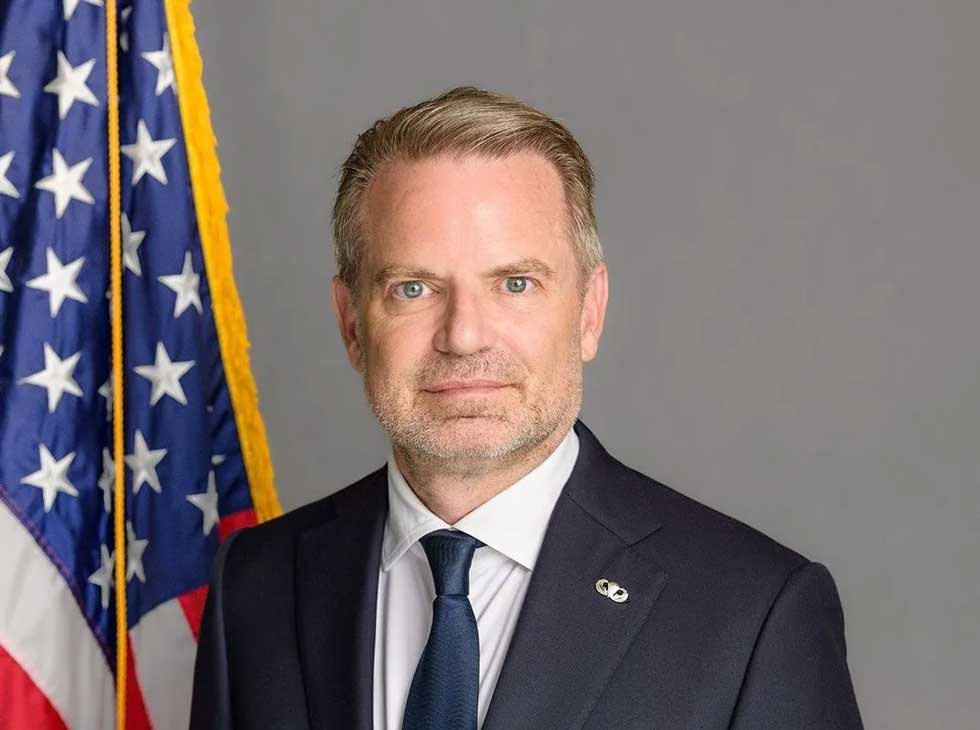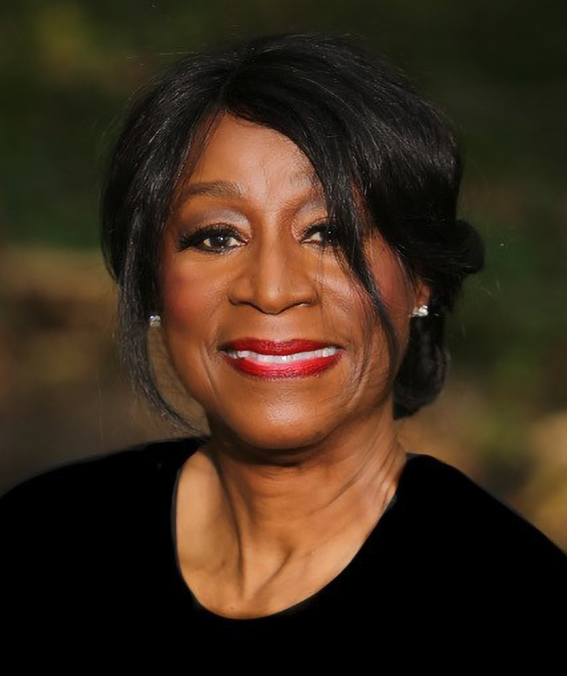UNITED STATES | Caribbean Talent Fills American Maritime Labor Void as Industry Honors Trump Shipping Czar

MIAMI, Florida, JUNE 18, 2025 - The numbers tell a stark story of American maritime decline: despite extensive infrastructure, the United States has too few mariners for its relatively small fleet of oceangoing ships and coastal vessels.
But in a remarkable reversal of fortune, the Caribbean has quietly emerged as America's maritime salvation, with a scholarship program that has exploded from five recipients in 2018 to nearly 400 students in the current academic year—a staggering 8,000% growth that signals a fundamental shift in how the industry sources its talent.

The crisis facing American maritime employment is severe. Recruiting is fundamental to meeting national and industry needs, but retention has become even more crucial. Potential recruits today can transfer their skills to several other, relatively more attractive careers. Without appropriate incentives, the maritime industry stands to lose their expertise. Into this void has stepped the Caribbean, where Jamaica alone produces hundreds of officer-level professionals annually, many with bachelor's degrees in navigation and engineering.
From Regional Aid to Strategic Necessity
What began as philanthropic outreach has morphed into strategic workforce development that directly serves American economic interests. The ACMF's scholarship recipients hail from ten Caribbean nations—Guyana, Jamaica, Bahamas, St. Lucia, Trinidad and Tobago, Dominican Republic, St. Vincent and the Grenadines, Grenada, St. Kitts and Nevis, and Suriname—creating a trained workforce strategically positioned throughout America's maritime backyard.
The foundation's partnerships with five CARICOM academic institutions reveal the scope of this coordinated effort: Caribbean Maritime University in Jamaica, LJM Maritime Academy in The Bahamas, MatPal Marine Institute and Atlantic Alliance Maritime and Off-Shore Training Institute in Guyana, and the University of Trinidad and Tobago.
These institutions now train aspiring professionals in engineering, navigation, logistics, customs processing, cybersecurity, supply chain management, and port management—precisely the skills American maritime companies desperately need.
Dr. Geneive Brown Metzger, the foundation's president and Jamaica's former eighth Consul General in New York, has orchestrated this transformation with surgical precision. The foundation has expended more than US$1 million in scholarships, grants, and equipment, while establishing an exclusive job portal (www.acmf-carex.org) that connects Caribbean graduates directly with global maritime employers.
During the COVID-19 pandemic, ACMF provided laptops for remote study, emergency grants for struggling students, and even helped construct a 100-person lecture hall—infrastructure investments that underscore the program's long-term strategic vision.
 Dr. Geneive Brown Metzger, President American Caribbean Maritime FoundationCorporate America's Maritime Lifeline
Dr. Geneive Brown Metzger, President American Caribbean Maritime FoundationCorporate America's Maritime Lifeline

The foundation's sponsor list reads like a maritime industry directory: Royal Caribbean, MSC Cruises, Norwegian Cruise Line, DP World, Seaboard, Tropical Shipping, Nassau Cruise Port, and dozens of others. These aren't charitable donations—they're strategic investments in workforce development that addresses a fundamental business problem.
The industry's deepening commitment became evident with ACMF's recent appointment of Rick Sasso, Chairman of MSC Cruises USA, to its Board of Directors alongside three other industry leaders. Sasso, who brings fifty-plus years of cruise industry experience, joins David Harding MBE, President of Shipping Association of Barbados; Charles Gittens, President of Trade at King Ocean Services; and Tatiana Bowe, Chief of Staff to the President of the US Chamber of Commerce. The appointments signal how seriously corporate America now takes Caribbean workforce development as a strategic necessity rather than philanthropic gesture.
"The growth of the Caribbean shipping industry is critically important to the livelihoods of people all over the region, and the ACMF is a vital part of ensuring aspiring Caribbean nationals get the training they need to enable them to be a success in the industry," Sasso declared. His words reflect an industry acknowledgment that Caribbean talent development has become essential to global maritime operations.
"Our focus is on professional positions," explains Juan Carlos Croston, vice-president of marketing and corporate affairs at Manzanillo International Terminal–Panama and chair of ACMF's scholarship committee. "ACMF scholars have demonstrated their talent and the world-class training they receive at our academic partners." The Caribbean offers what American maritime education increasingly cannot: competitive training quality, diverse skill sets, and geographic proximity for workers in the industry.
The economic calculus is unmistakable. With the shipping industry beginning to look at non-traditional sources for talent, the Caribbean is taking its place among traditional maritime powerhouses like China and the Philippines. But unlike those distant nations, Caribbean professionals offer cultural and linguistic advantages that make them particularly attractive to American companies operating in Western Hemisphere trade routes.
Political Recognition of Economic Reality
Against this backdrop, honoring Chairman Sola takes on deeper significance. Designated FMC Chairman by President Donald J. Trump on January 20, 2025, Sola brings extensive Caribbean and Central American experience to the role. His background in the Panama Canal Zone and Latin American maritime finance makes him uniquely positioned to understand the strategic value of Caribbean workforce development.
"Chairman Sola will be celebrated for his successful career and leadership especially in the Caribbean and Central America," notes Giora Israel, the thirty-one-year Carnival veteran serving as ACMF Trustee and Dinner Committee Chair. The choice of Israel—a cruise industry insider—to lead the ceremony reflects the intimate relationship between American maritime companies and Caribbean workforce development.
During his previous tenure as FMC Commissioner, Sola led investigations into COVID-19's cruise industry impact and advocated for resuming operations while calling on President Biden to donate vaccines to Caribbean ports. His industry-friendly regulatory approach aligns perfectly with the foundation's mission of creating seamless pathways for Caribbean professionals into American maritime operations.
The Geopolitical Maritime Shuffle
The November ceremony, themed "Talent in Your Backyard Caribbean: A Sea Of Opportunity," will bring together industry leaders from across the Caribbean, South America, United States, and United Arab Emirates—a geographic span that underscores the global nature of modern maritime operations. Tim Martin, President of Tropical Shipping, will serve as Gala Chairman, representing a company that directly benefits from Caribbean workforce development.
This isn't happening in isolation. Ocean shipping faces headwinds in 2025: port strikes, trade concerns, changing carrier alliances, and geopolitics continue to roil maritime transportation. The scrapping of older tankers fell to its lowest level in three decades, with most old tankers now part of a shadow fleet suspected of carrying oil linked mainly to Russia. Against this turbulent backdrop, developing reliable, Western-aligned maritime talent in the Caribbean represents smart strategic thinking.
The foundation's expansion into Guyana—where 25 students received scholarships in 2023—reflects calculated response to that nation's oil boom. ACMF President Dr. Metzger acknowledged the program "was inspired by President Ali's remarks at the ACMF 2022 Anchor Awards gala in Florida, when he stressed the critical importance of maritime training and education of locals to the oil/gas sector."
The New Maritime Reality
The ACMF's annual Maritime Link-Up Webinar, hosted in partnership with CARICOM and attended by hundreds of students, has become more than educational outreach—it's a recruitment pipeline for American maritime companies struggling to fill critical positions. Previous Anchor Award recipients include industry titans like Laura-Hodges Bethge of Celebrity Cruises, Rick Sasso of MSC Cruises, and Michael Bayley of Royal Caribbean International, signaling corporate America's recognition of Caribbean workforce development as essential to their operations.
The foundation's rapid growth reveals a harsh truth about American maritime education: it's failing to meet industry needs. While U.S. maritime academies struggle with recruitment and retention, Caribbean institutions are producing graduates eager for opportunities in American-operated vessels and shore-based facilities. The geographic proximity means these professionals can easily work rotating assignments between Caribbean home bases and American operations.
Strategic Workforce Development or Maritime Colonialism?
The November ceremony celebrating Chairman Sola will showcase a partnership that has quietly revolutionized Caribbean maritime education while serving American commercial interests. The foundation's success in scaling from five to nearly 400 scholarship recipients represents more than educational philanthropy—it's strategic workforce development that addresses critical American economic needs while creating economic opportunities for Caribbean nationals.
Whether this arrangement truly serves balanced regional development remains an open question. The program creates trained professionals who may migrate their skills to higher-paying American positions, potentially draining Caribbean nations of talent they helped develop. Yet for participating students, ACMF scholarships represent transformational opportunities in nations where maritime careers offer some of the highest-paying professional positions available.
As Chairman Sola accepts his Anchor Award in November, the ceremony will celebrate a workforce development model that has become essential to American maritime competitiveness. The foundation's explosive growth reflects not just successful programming, but the stark reality that American maritime education can no longer supply the talent American maritime commerce demands.
In a world where shipping lanes increasingly define geopolitical influence, the ACMF's success in developing Caribbean maritime talent serves multiple strategic purposes: it addresses American workforce shortages, creates economic opportunities for Caribbean nationals, and strengthens regional ties that serve broader American interests in the Western Hemisphere. Whether framed as opportunity or necessity, the Caribbean has become America's indispensable maritime partner—one scholarship at a time.
-30-
